Understanding the Intersection of Companion Care and Medication Management
As the aging population grows, so does the complexity of managing their healthcare needs at home. Medication management presents a significant challenge, especially when cognitive impairments or multi-drug regimens are involved. Companion care, a vital component of in-home support, plays a crucial role not only in assisting with daily activities but also in ensuring that medications are administered safely and effectively. This article explores how companion caregivers assist with medication management, the tools and training they use, and the impact this support has on seniors' health and well-being.
The Scope and Challenges of Medication Management in Home Care
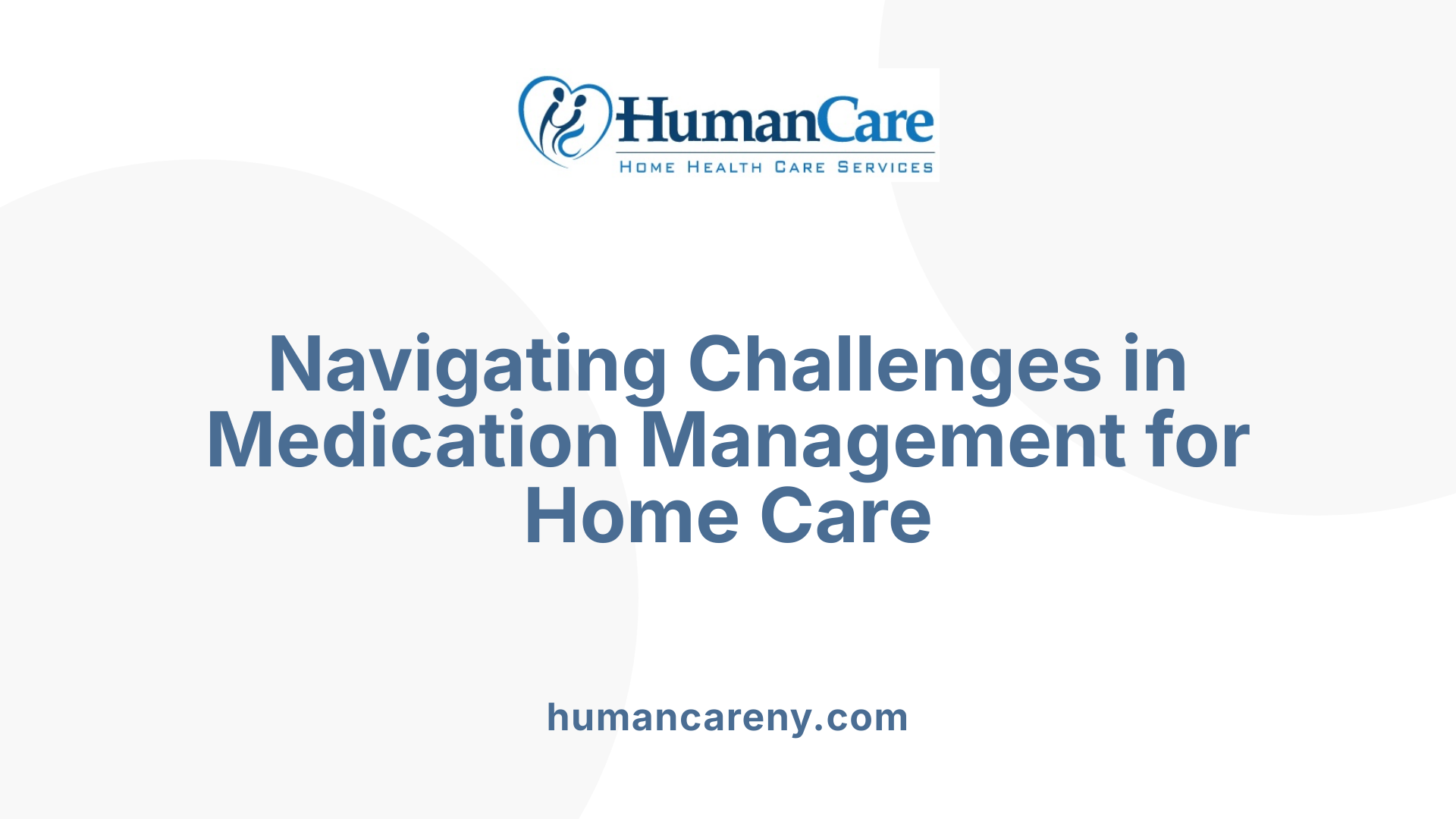
How prevalent is caregiving among seniors in the US?
Caregiving is widespread, with over 34.2 million adults aged 50 and older in the US receiving unpaid support from family or friends. This shows a large portion of the elder population relies on informal caregivers, highlighting the importance of effective home care services.
What role does medication management play in home care for seniors?
Medication management is a vital part of home caregiving. About 65% of caregivers for adults with high care needs assist in managing medications. This involves making sure medications are taken at the right times and in the correct doses, which is crucial to controlling health conditions and avoiding complications.
What challenges do caregivers face with medication management?
Many caregivers feel stressed by this responsibility. A major challenge is that approximately 60% of caregivers lack formal training and learn medication management on their own. This can increase the risk of mistakes, causing anxiety and difficulties in providing proper care.
Why is medication management especially important?
Errors in medication can have serious health consequences, especially in emergencies. Tools like blister cards help caregivers keep track of medication schedules, offering peace of mind and quick verification during urgent situations like ambulance visits.
Addressing these challenges calls for more resources and support from healthcare providers and pharmacies to assist caregivers in mastering medication management effectively and safely.
The Role of Companion Caregivers in Medication Assistance
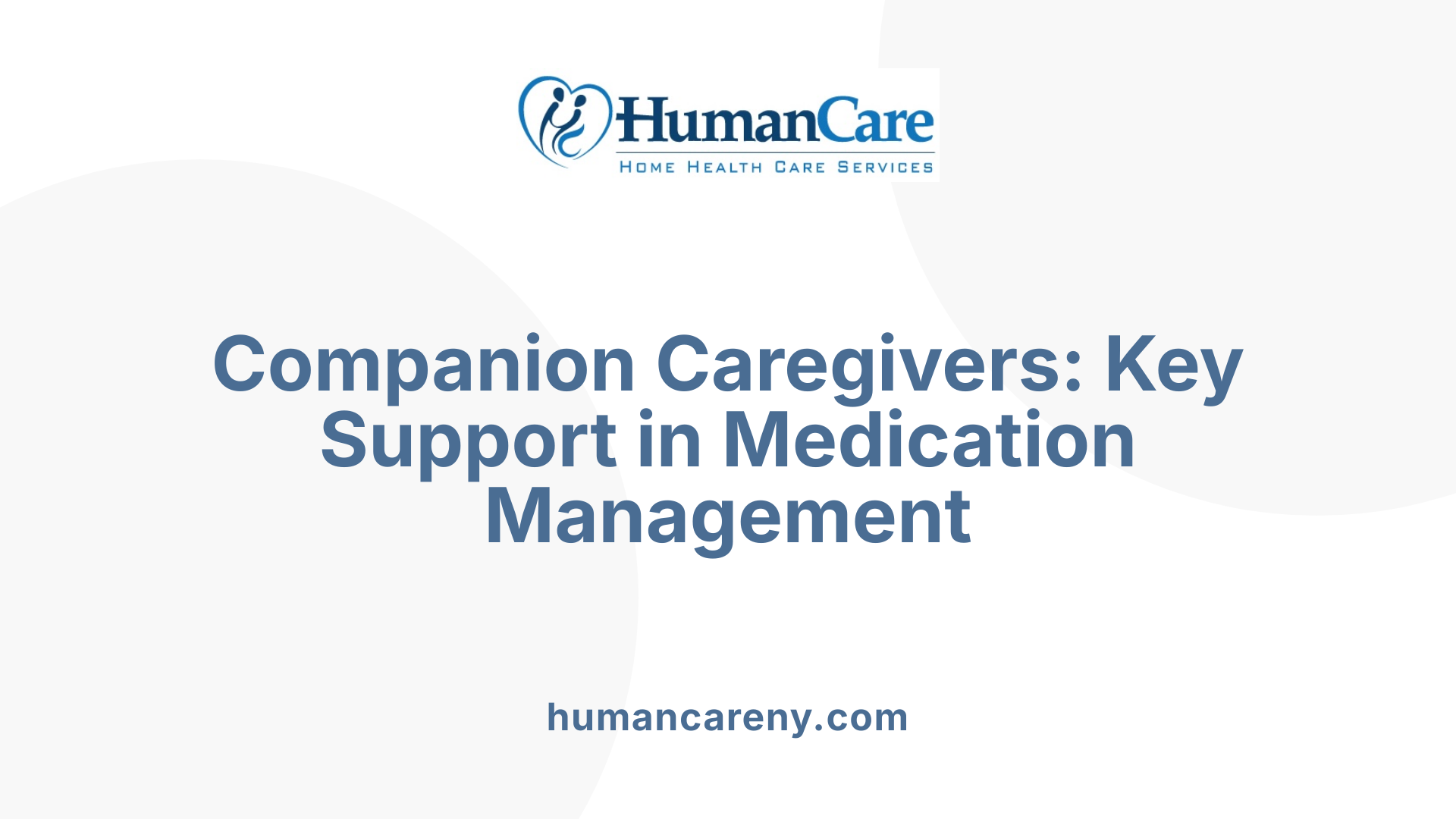
How do companion caregivers assist with medication management?
Companion caregivers play a crucial role in supporting elderly individuals with their medication routines. They remind seniors to take their medications at the prescribed times, help organize pills often using tools like blister cards, and monitor adherence in accordance with healthcare providers' instructions. This ensures that medications are taken correctly, minimizing health risks and complications.
Incorporation of medication reminders into activities of daily living assistance
Medication management is seamlessly integrated into the broader caregiving duties such as bathing, dressing, and grooming. Caregivers provide personalized, holistic care that includes assisting with medications alongside everyday tasks. By embedding medication reminders within these routines, they foster consistency and help seniors maintain independence in their own homes.
Emotional support in medication adherence
Beyond practical assistance, companion caregivers offer emotional encouragement and reassurance that empower seniors to stay compliant with their medication schedules. This emotional support can alleviate anxiety related to medication adherence and promote a positive environment for health maintenance. Their presence ensures seniors feel cared for and understood, which is vital for holistic elder care.
| Responsibility | Description | Importance |
|---|---|---|
| Medication reminders | Prompting timely intake of medication | Prevents missed or incorrect doses |
| Organization of medications | Using tools like blister packs to arrange pills | Simplifies complex regimens and improves accuracy |
| Monitoring medication adherence | Observing and reporting changes or issues | Enables early intervention and prevents health decline |
| Emotional encouragement | Providing reassurance and promoting adherence | Enhances mental well-being and compliance |
Tools That Facilitate Medication Management: The Use of Blister Cards and Packaging
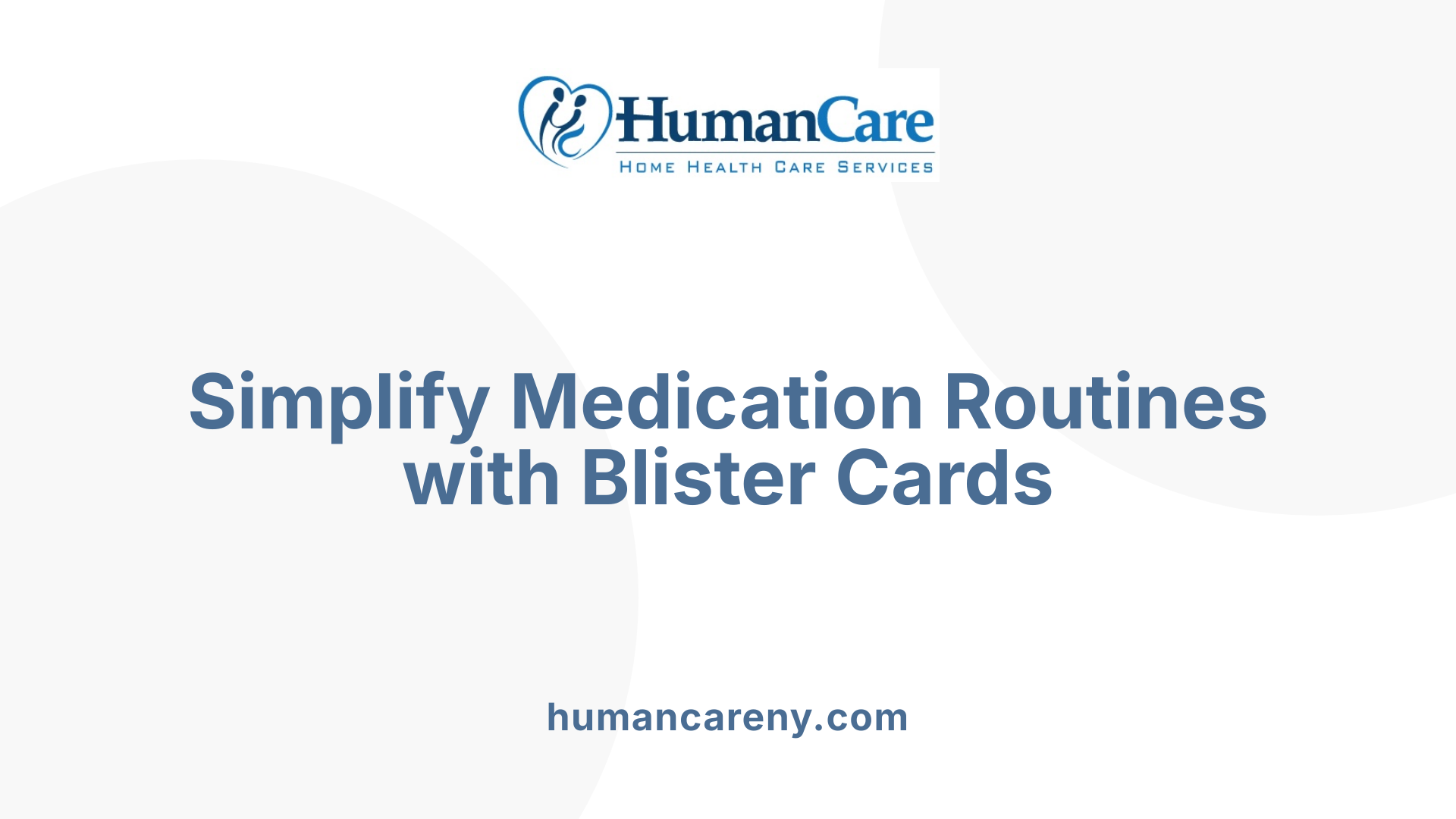
What tools help companion caregivers manage medications effectively?
Medication adherence packaging, such as blister cards, plays an essential role in helping caregivers manage complex medication schedules. These packages clearly organize medications by dose, day, and time, making it straightforward for caregivers to administer treatments correctly. This system reduces the risk of missed or incorrect doses, which is a common stress point for the estimated 65% of caregivers assisting with medication management.
Benefits for caregivers and care recipients
Using blister cards gives caregivers peace of mind by simplifying medication routines. It also helps those receiving care by ensuring consistent and accurate medication intake, which is crucial for managing chronic conditions and maintaining overall health. Many caregivers, who often lack formal training and learn medication management on their own, benefit greatly from such clear visual tools.
Importance in emergency situations
In emergencies, blister cards allow caregivers and medical personnel to quickly verify a patient’s medication history. For example, during ambulance visits, the ability to rapidly show which medications have been taken and which are scheduled can be critical for delivering prompt and safe care. This quick verification helps avoid medication errors and informs emergency treatment decisions effectively.
Training and Knowledge Gaps in Medication Management Among Caregivers
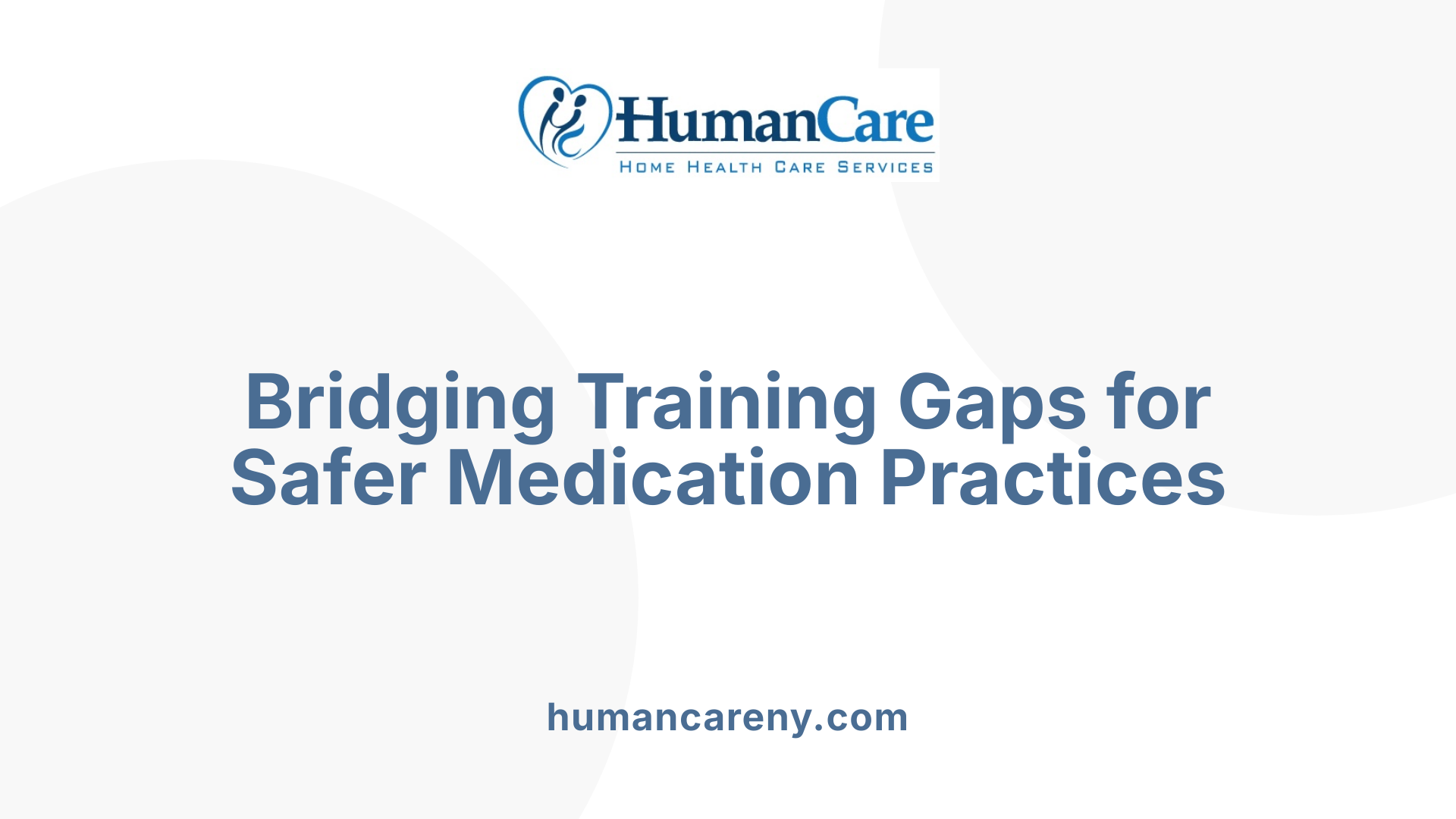
Do companion caregivers receive adequate training in medication management?
Many caregivers tasked with managing medications for elderly or disabled adults do not receive formal training. In fact, approximately 60% of these caregivers learn medication management skills on their own, often through trial and error or informal guidance. This lack of structured education can lead to stress and challenges in ensuring medications are administered correctly and safely.
Caregivers, especially those assisting high-needs adults, frequently find medication management to be a complex responsibility. Studies show that 65% of these caregivers help with medication tasks, which may include organizing pills, timing doses, and monitoring side effects. Given the critical nature of these duties, the absence of professional training poses risks to both caregivers and care recipients.
Self-learning and the need for professional resources
Due to the gaps in formal education, caregivers often rely on self-learning methods to manage medications effectively. While personal motivation and experience are valuable, they are not substitutes for expert guidance. Caregivers benefit greatly from resources such as medication adherence packaging — like blister cards — which simplify the administration process and improve accuracy. These tools also provide peace of mind and assist in emergency situations by allowing caregivers and healthcare providers to quickly verify medication schedules.
Role of pharmacies and healthcare professionals in caregiver education
Pharmacies and healthcare professionals have a vital role in bridging the training gap for caregivers. They can offer counseling, provide simplified medication schedules, and educate caregivers on drug interactions and side effects. Enhanced collaboration between caregivers and healthcare teams supports safer medication administration and reduces caregivers' burden.
Healthcare providers, such as those at organizations like VNS Health, integrate medication management guidance as part of their home health aides' training. Coordination with geriatric care managers and skilled nursing services further supports caregivers in handling medications properly. Emphasizing comprehensive clinical assessments at the start of care also identifies specific medication-related needs and safety concerns.
Supporting caregivers through targeted education and accessible resources ensures better health outcomes for elderly and disabled adults receiving home care, while reducing stress and improving caregiver confidence.
Personalized Care Plans and Clinical Assessments: Cornerstones of Safe Medication Practices
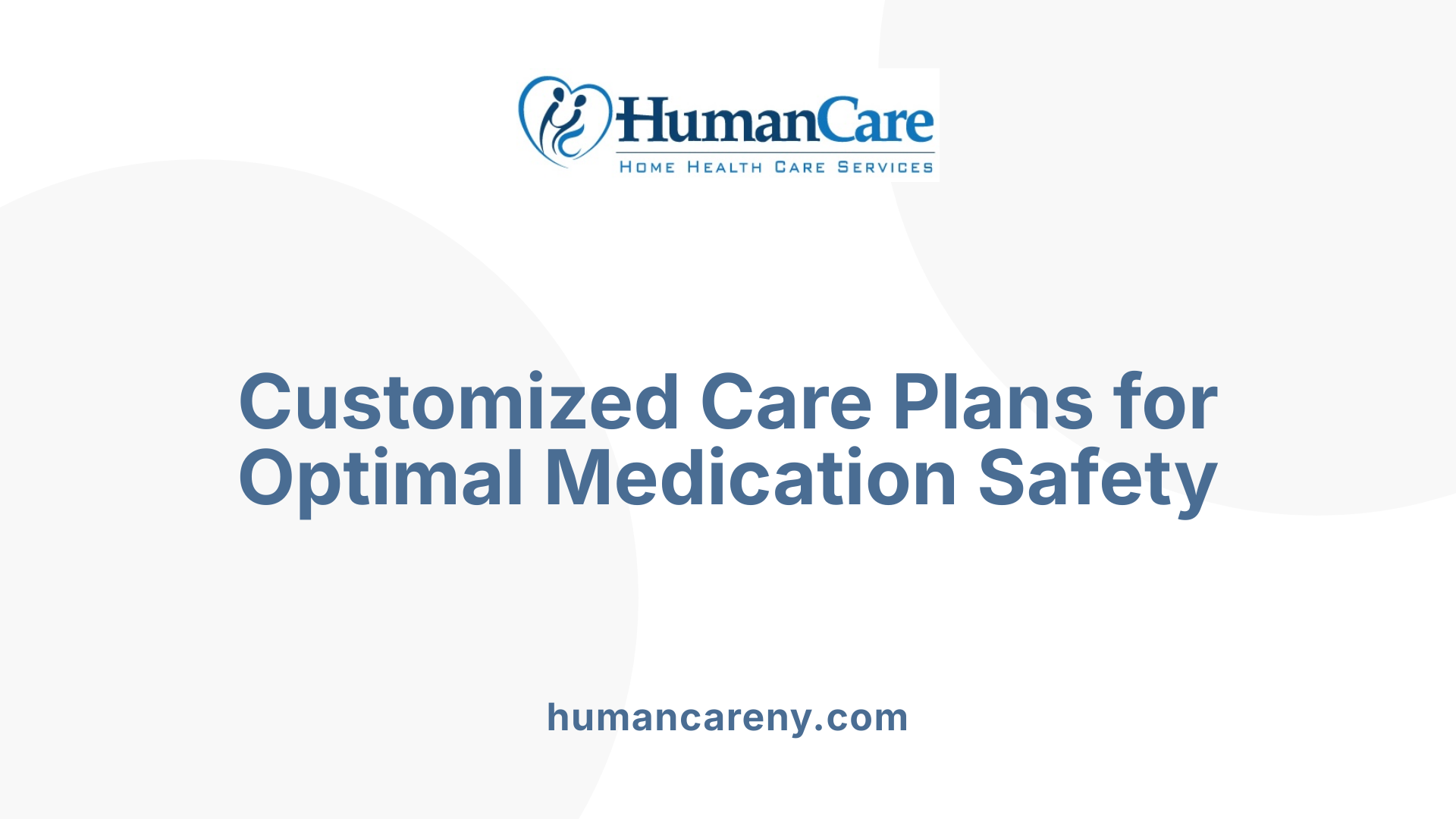
Importance of thorough clinical assessments
Effective medication management in home care starts with comprehensive clinical assessments. These evaluations, conducted by healthcare professionals such as registered nurses and geriatric care managers, examine not only the medication regimen but also the senior's overall health status and home environment. This approach helps identify potential risks and ensures safety for individuals receiving care at home.
Customizing medication management to individual needs
Medication management plans are tailored based on the findings from clinical assessments. Personalized care plans outline specific medication schedules, dosages, and administration methods that align with each senior's unique health conditions and preferences. For example, tools like blister cards assist caregivers in organizing medications, reducing errors, and facilitating adherence, especially for those with cognitive impairments like dementia.
Integration of geriatric care management
Geriatric care management plays a crucial role in coordinating and overseeing medication plans among healthcare providers and caregivers. Registered nurses and social workers collaborate to monitor health changes, adjust medication regimens as needed, and ensure that all care activities are documented accurately. This integrated approach enhances continuity of care and addresses challenges faced by many caregivers, including the stress related to managing complex medication routines.
How are medication management plans tailored to individual seniors?
Medication management begins with thorough clinical assessments that evaluate medication needs and safety at home. Personalized care plans developed by geriatric care managers and nurses ensure that medication regimens align with seniors' health conditions, preferences, and capabilities, improving adherence and reducing risks.
The Broader Role of Companion Care Beyond Medication
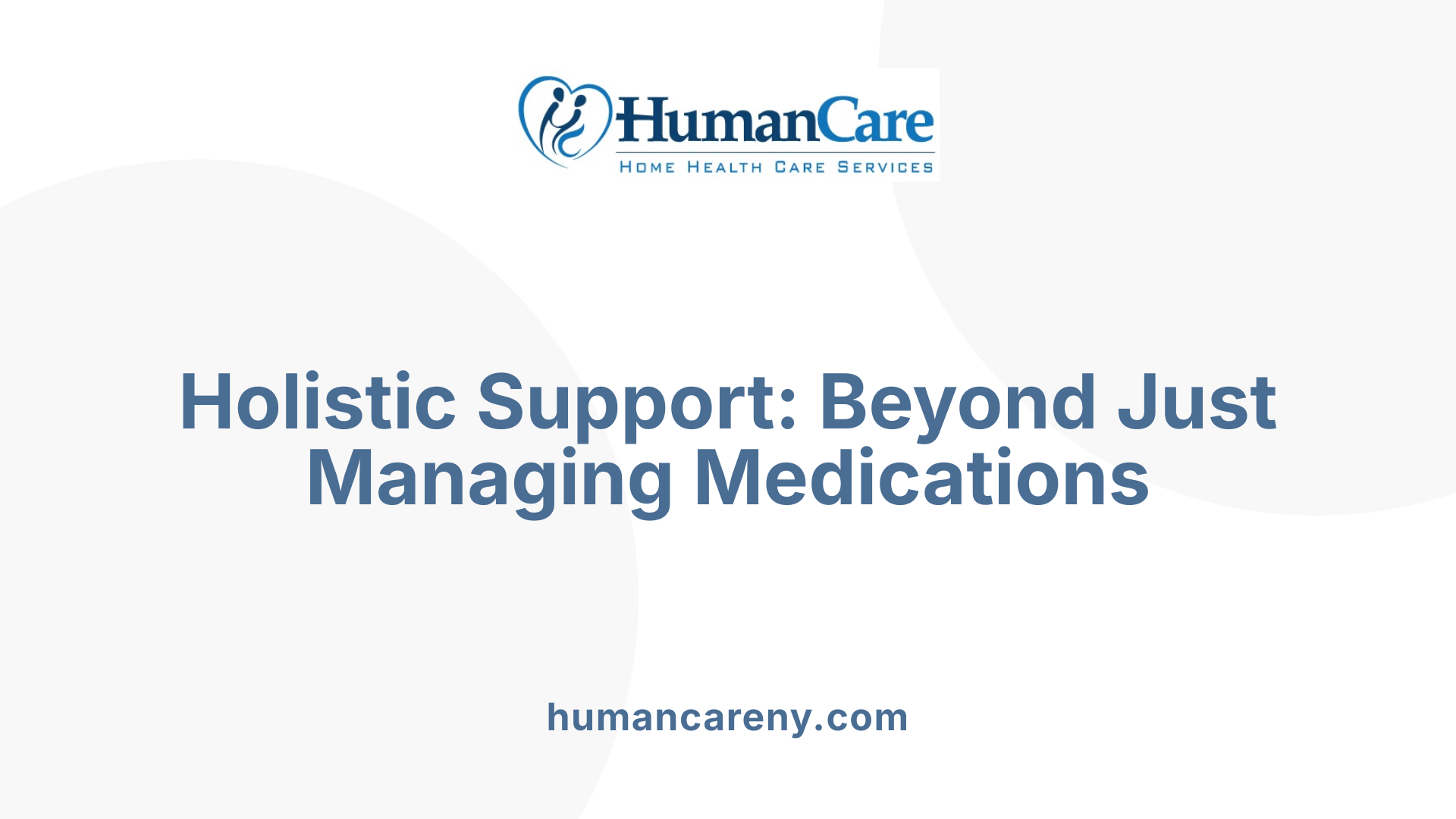
What other support do companion caregivers provide alongside medication management?
Companion caregivers play a vital role that extends well beyond managing medications. They assist seniors with various activities of daily living (ADLs), including bathing, dressing, and grooming, ensuring personal hygiene and comfort.
In addition to personal care, caregivers help with household management tasks such as meal planning and preparation, light housekeeping, laundry, and running errands or managing appointments. These services help maintain a safe and comfortable living environment for seniors.
Emotional companionship is another essential aspect. Caregivers provide social interaction, encourage engagement in activities, and offer mental support to promote overall well-being. This comprehensive approach fosters both physical health and emotional stability in elderly individuals.
By combining practical daily assistance and compassionate companionship, companion caregivers support a holistic model of senior care that respects individuality and promotes independence at home.
Addressing Cognitive Impairments: Specialized Strategies in Dementia Care

Challenges of Medication Management with Cognitive Decline
Managing medications for seniors with dementia poses unique challenges. Cognitive impairments can lead to confusion, forgetfulness, and difficulty understanding medication schedules, increasing risks of missed or incorrect doses. This makes medication management a stressful responsibility for caregivers, who must be vigilant and proactive to ensure safety.
Specialized Companion Care Approaches for Dementia Patients
Companion caregivers offer vital support tailored to the needs of individuals with dementia. They provide personalized assistance by giving clear, simple medication reminders and verifying that the correct doses are taken on time. This direct involvement helps prevent misuse or missed medications, which is critical for managing symptoms and maintaining health.
Use of Reminders and Monitoring Tailored to Cognitive Needs
Tools like blister cards and structured medication packaging enhance medication adherence by organizing doses by day and time. Caregivers can quickly verify schedules, especially in emergency situations, ensuring timely administration. Continuous monitoring of medication intake and health status allows early detection of any issues related to cognitive decline.
How Does Companion Care Support Medication Management for Seniors with Dementia?
Companion caregivers play a crucial role in supporting medication management by providing clear reminders, verifying medication intake, and supervising adherence. Their approach is tailored to address cognitive challenges, helping to maintain safety and stability in health, while reducing the stress often experienced by family caregivers managing dementia care at home.
Collaboration and Communication: Ensuring Quality Care and Safety
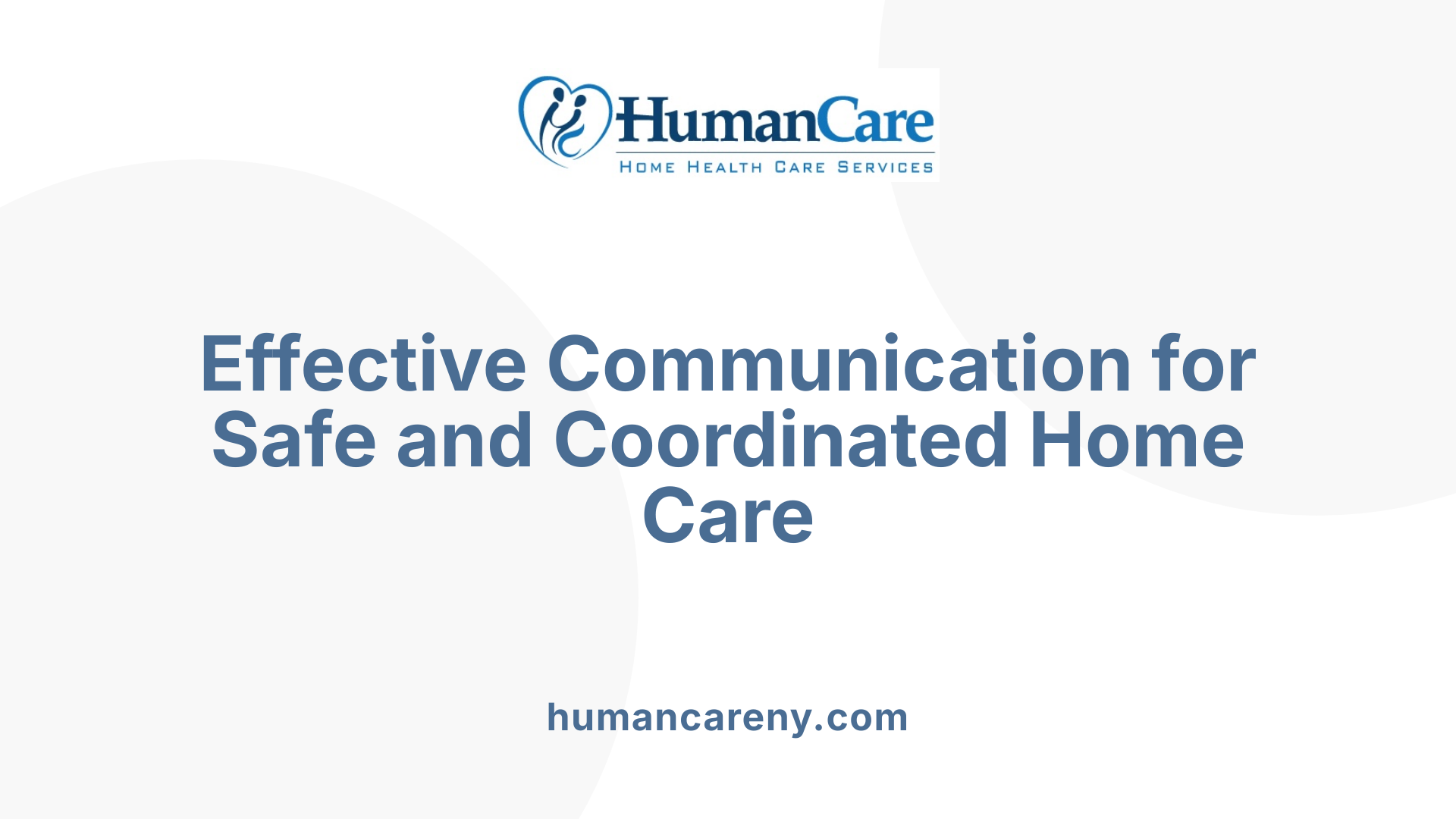
Collaboration between caregivers and healthcare professionals
Effective communication and collaboration are essential components in managing the complex medication needs of seniors. Caregivers often work closely with healthcare professionals, including doctors, nurses, and pharmacists, to understand medication regimens and receive timely updates on any changes. This partnership helps ensure medications are administered correctly and safely.
Documentation of medication usage and health observations
Caregivers play a crucial role in recording medication adherence and monitoring health changes. Accurate documentation includes noting medication times, dosages, side effects, and any new symptoms. This record-keeping supports early detection of health problems and informs healthcare providers during follow-ups or emergencies.
Importance of communication for continuity of care
Clear lines of communication between caregivers, care recipients, and medical teams create continuity of care. This reduces medication errors and enhances safety, particularly during transitions such as hospital discharges or changes in care plans. Caregivers can relay important observations and receive guidance, contributing to better health outcomes.
How is effective communication important in medication management by companion caregivers?
Effective communication and collaboration between caregivers, seniors, and healthcare professionals are essential to ensure accurate medication administration, timely updates of medication changes, and documentation of health observations. This ensures continuity and quality of care while minimizing errors.
By fostering open, consistent dialogue and meticulous documentation, caregivers can provide personalized, attentive support that promotes the well-being and safety of elderly individuals in home care settings.
The Impact of Medicare and Other Benefits on Supporting Medication Management at Home
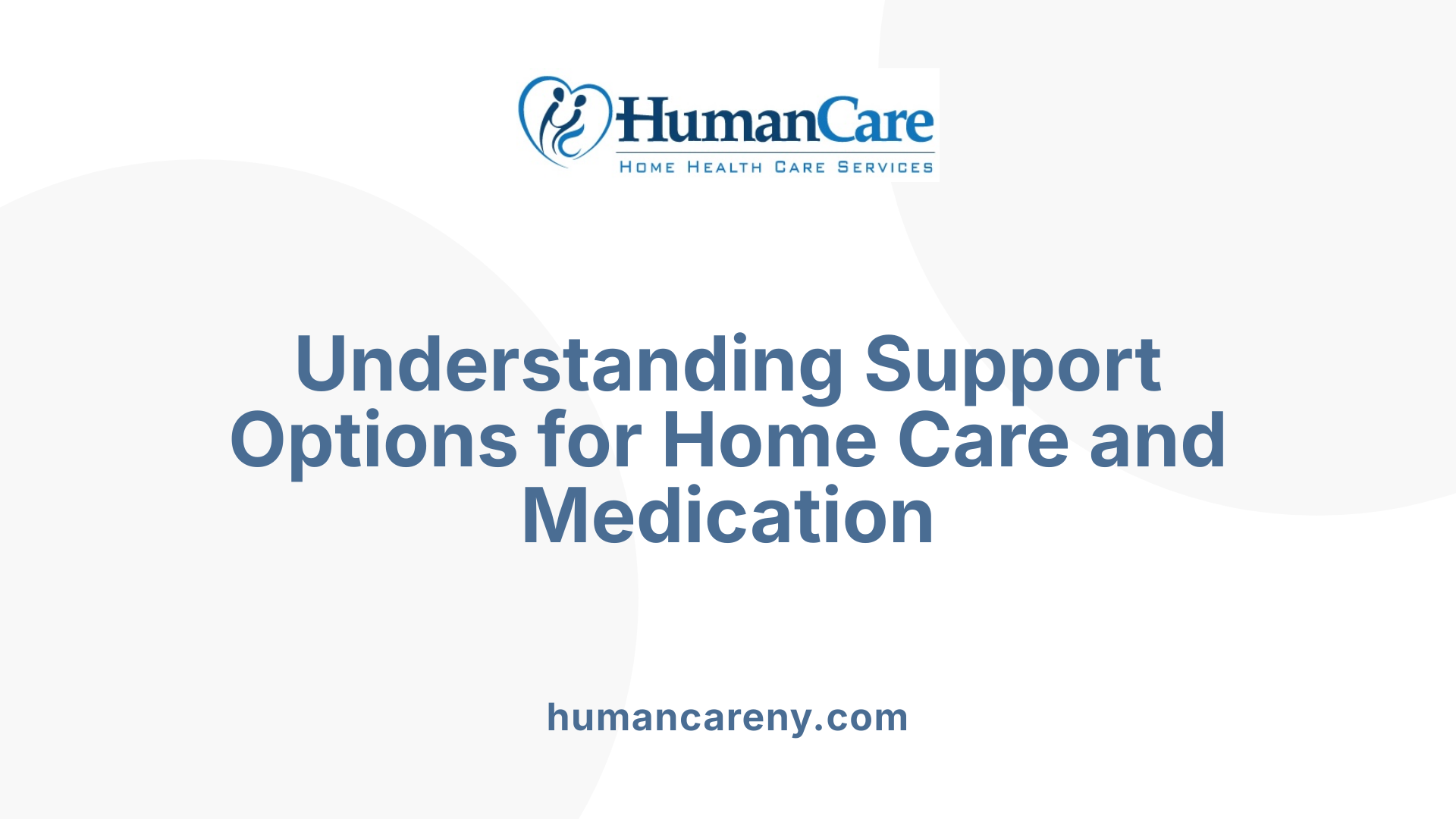
What are the limitations of Medicare coverage for non-medical home care?
Medicare provides coverage for certain home health services, such as skilled nursing and therapy, if these services are deemed medically necessary and prescribed by a physician. However, Medicare typically does not cover non-medical custodial care. This includes assistance with activities of daily living (ADLs) like bathing, dressing, and meal preparation—tasks often performed by family caregivers who also help with medication management. Because medication management usually falls under custodial care rather than skilled medical services, Medicare's support in this area is limited.
What alternative benefits and payment options exist for family caregivers?
While Medicare limits support for non-medical home care, family caregivers might receive financial assistance through other programs. Medicaid, veteran’s benefits, and long-term care insurance often provide compensation to caregivers who assist with medication and daily living needs. These alternatives can help ease the financial burden of caregiving and improve access to essential services such as medication adherence support.
How do these financial options affect access to companion care services for medication management?
Companion care services play a crucial role in medication management by reminding individuals to take their medications and ensuring proper adherence. Since Medicare does not cover most companion care services related to medication assistance, caregivers and care recipients often rely on Medicaid, veteran’s programs, or long-term care insurance to fund this care. Availability of these payment options directly impacts how easily individuals can obtain companion care support, which is vital for effective medication oversight at home.
Overall, the gap in Medicare coverage for non-medical home care puts pressure on family caregivers to find alternative financial resources. Recognizing these limitations and available benefits is essential to ensuring safe medication management and quality care within home settings.
Companion Care: A Vital Partner in Safe Medication Use
Companion care is an indispensable resource for seniors managing complex medication regimens at home. Through personalized assistance, use of effective tools, ongoing education, and strong communication with healthcare professionals, companion caregivers help mitigate the challenges of medication management. Their holistic support extends beyond medications to daily living and emotional wellbeing, significantly enhancing seniors’ quality of life. To maximize these benefits, increased training resources and supportive policies are essential, ensuring caregivers are empowered to provide safe, compassionate, and effective medication assistance.



